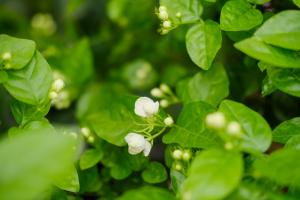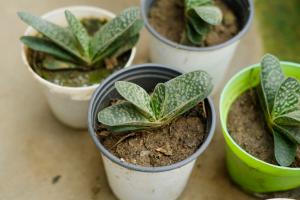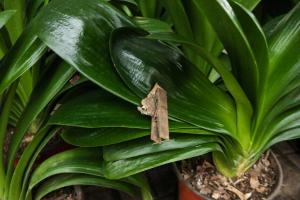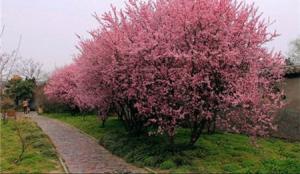Introduction:
For most plant enthusiasts, the survival and growth of their plant species is of utmost importance. One factor that can influence this is the type of water they use. While tap water is a common option, rainwater has been suggested to be a better alternative for plants. This article explores the various reasons why rainwater is better for plants than tap water.
Reasons why rainwater is better for plants than tap water:
1. pH levels:
The pH level of tap water can vary based on the location it's sourced from. Water treatment plants may add chemicals like chlorine and fluoride to reduce bacterial growth in tap water. However, excessive amounts of such chemicals can lead to imbalanced pH levels. In contrast, rainwater is naturally slightly acidic, which makes it suitable for various plants. The slight acidity helps the roots absorb vital nutrients from the soil, promoting overall plant growth.
2. Ion exchange capacity:
Rainwater has a lower ion exchange capacity compared to tap water. Ion exchange capacity is the ability of water to attract and hold ions, which affects the movement of nutrients through the soil. When the ion exchange capacity is too high, it can prevent plants from absorbing nutrients from the soil. Most plants prefer a lower ion exchange capacity, making rainwater their preferred choice.
3. Chemical contaminants:
Water treatment plants remove contaminants like lead, mercury, and other pollutants present in tap water. However, the chemicals used during the treatment process may pose a risk to the plants. Additionally, tap water may come in contact with old pipes, which can contaminate the water. Rainwater, on the other hand, is free of chemical contaminants and pollutants, making it a safer option for plants.
4. Temperature:
The temperature of water also plays a role in plant growth. Tap water can be colder than what plants need, which leads to stunted growth or death. In contrast, rainwater is naturally warmer and closer to the optimal temperature for plant growth. This makes rainwater a more suitable option for plants, especially those grown in cooler areas.
Conclusion:
In conclusion, rainwater is a better option for plant growth than tap water. It has natural properties that promote healthy plant growth, such as balanced pH levels, a lower ion exchange capacity, freedom from chemical contaminants, and optimal temperature. While tap water may suffice for some plants, using rainwater can significantly improve their survival rate and promote overall growth.

 how many times do yo...
how many times do yo... how many planted tre...
how many planted tre... how many pine trees ...
how many pine trees ... how many pecan trees...
how many pecan trees... how many plants comp...
how many plants comp... how many plants can ...
how many plants can ... how many plants and ...
how many plants and ... how many pepper plan...
how many pepper plan...






























